If, for instance, Socrates were to write one poem in his lifetime, it would be referred to as Socrates' Poem, but if he had composed many untitled pieces, how would one differentiate between them?
9. The naming game ... titling your poem.
Referencing a poem by its title is a wondrous shortcut for locating it in an index, or for discussing it with someone. Otherwise, one is reduced to quoting it at length, or else describing it in detail.
Occasionally, a title can inspire a poem, as was the case with my Coffee poem. I ruminated on the word, "coffee," while I jotted down every detail that it conjured up in my imagination.
Sometimes, I'll read and reread a poem I'm working on, listening for that one word or phrase within the poem that speaks it's name. That was how I finally ascertained the title for my Train of thought poem.
Now, let's take a look at the lines that I added to our earlier exercise, and see whether we can extrapolate a title for, or out of, it:
Come and let us sit a while
These loathsome shoes begrudge my feet
Oh, how insidious and vile
That artless cobbler's remedy.
How about calling it The Artless Cobbler, in reference to he who made the shoes? What about Loathsome Shoes? Maybe Begrudged Feet would serve. We could even apply the entire first line as its title.
A title can introduce the reader to something within the poem, provide a clever play on words to be appreciated after reading it, or form a continuous resonance throughout that piece.
Emily Dickinson, who ascribed to the Socratic idea, (above), didn't like giving titles to her poems, and it fell to her early editors to assign titles to them. She is not alone in eschewing the application of titles.
However, titles figure highly within the purpose of these keys to writing in rhyme, and are an important aspect of this writing process. As such, regardless of which method you prefer, do title your work.
Even if you title your poem with something nonsensical, it's a beginning. The main intent here is to develop the best working title that you can. Learning to listen to your poem will hone that skill.
So, go head and play with the idea of figuring out a title for your poem. As always, I am available for your comments, queries, and etc., via the Add Comment link, below. I will reply ASAP.
ON ANOTHER NOTE: Though I did not win the 2014 Steampunk Chronicle Reader's Choice Award for Best Steampunk Poet, I was nominated! I was among three poets nominated, so I either scored a Silver or a Bronze! That's a win to me! Stickers depicting my Nomination badge will soon be applied to my book covers!
On to next year! Huzzah!
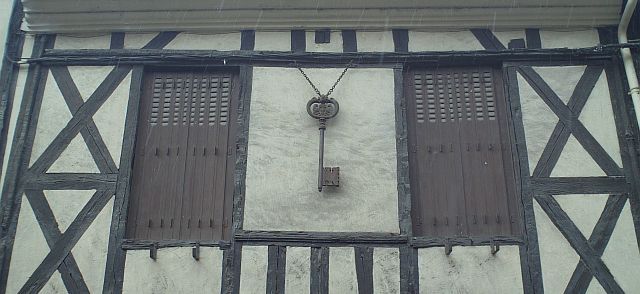

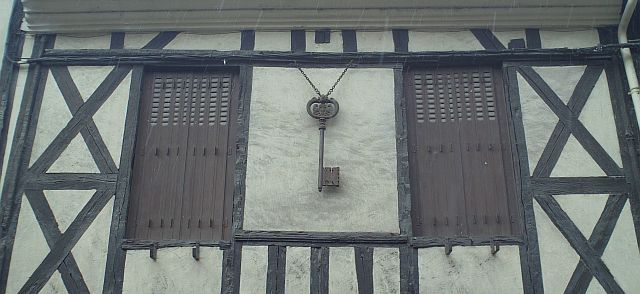
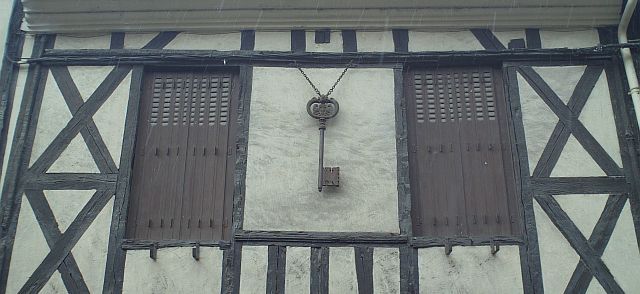
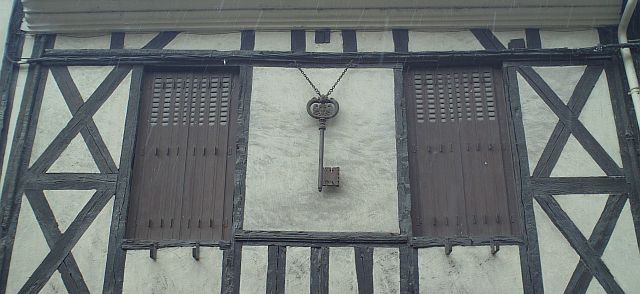
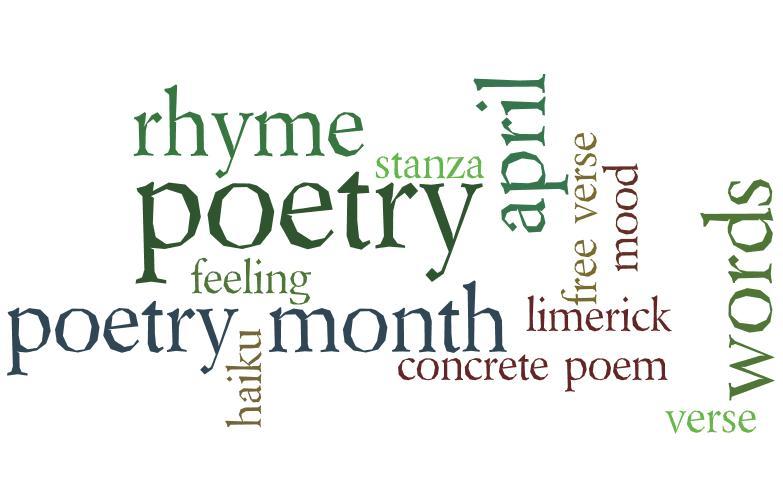
 RSS Feed
RSS Feed